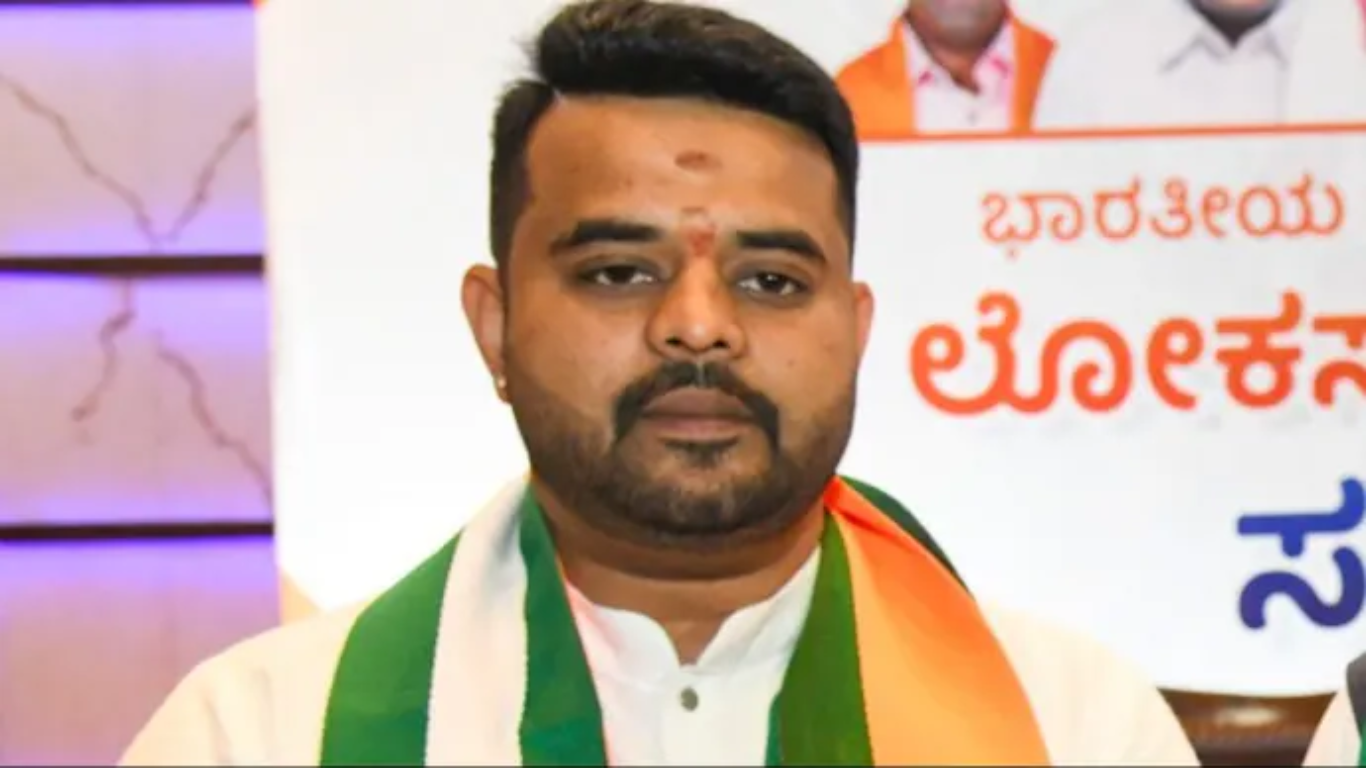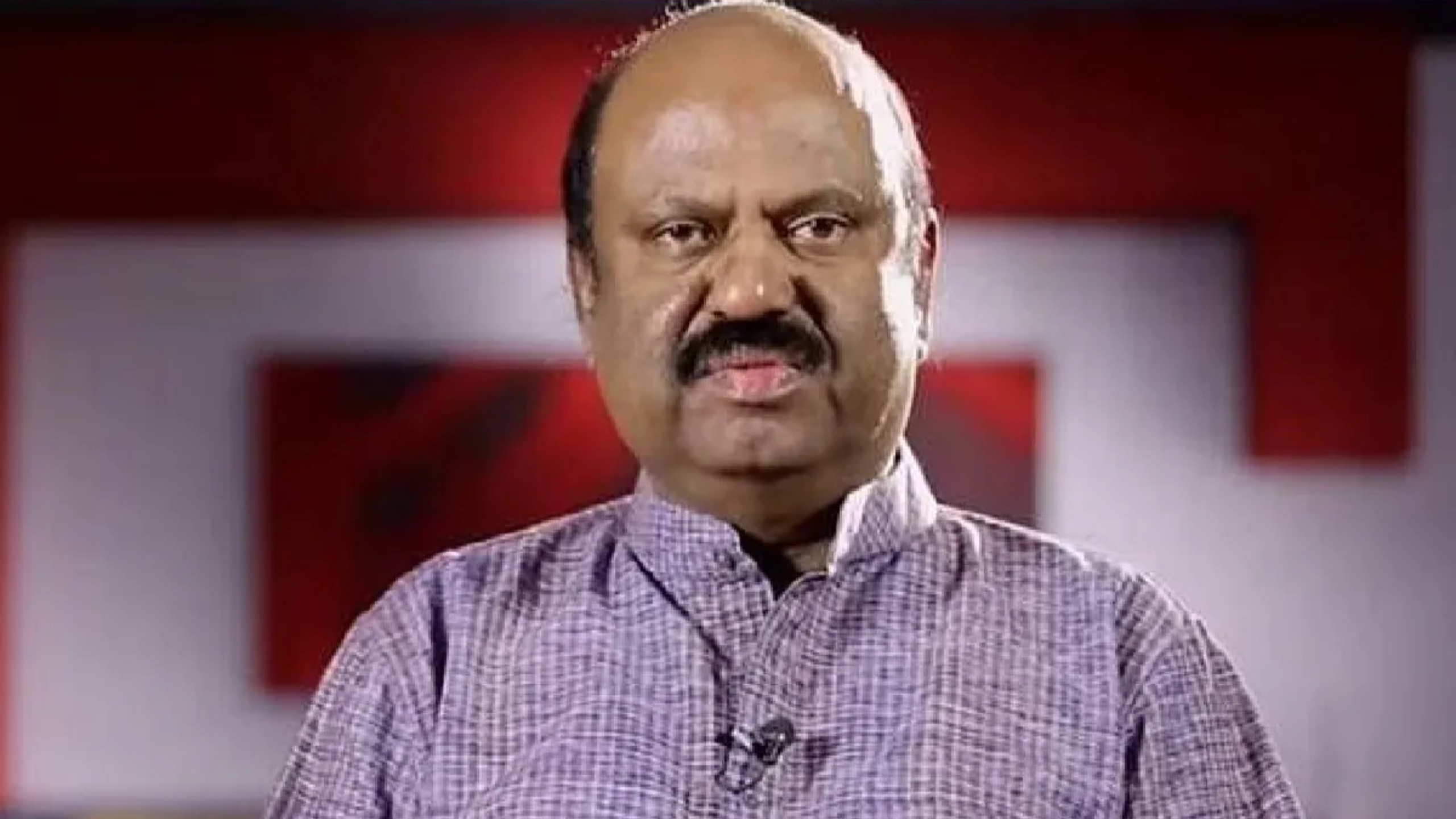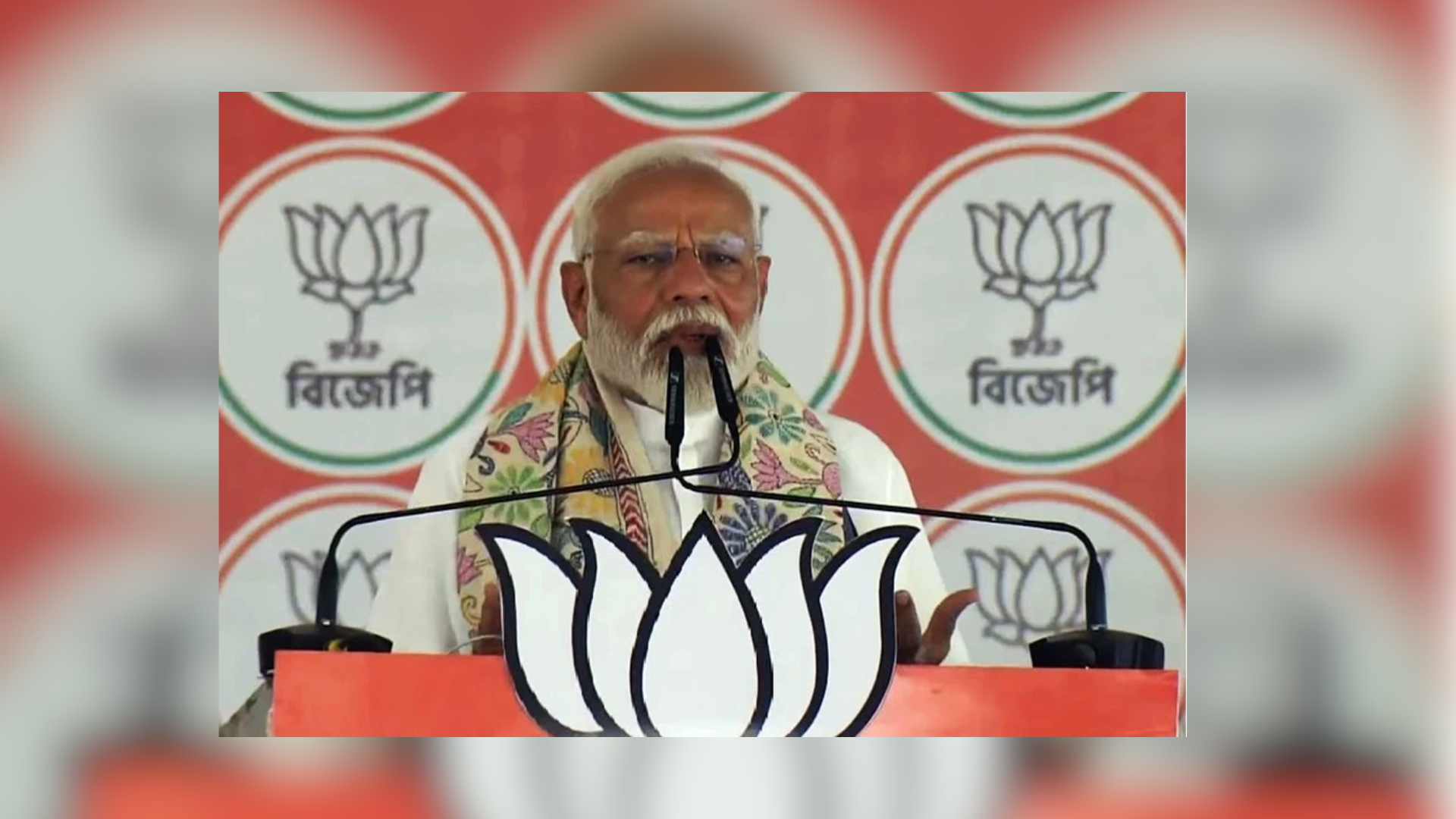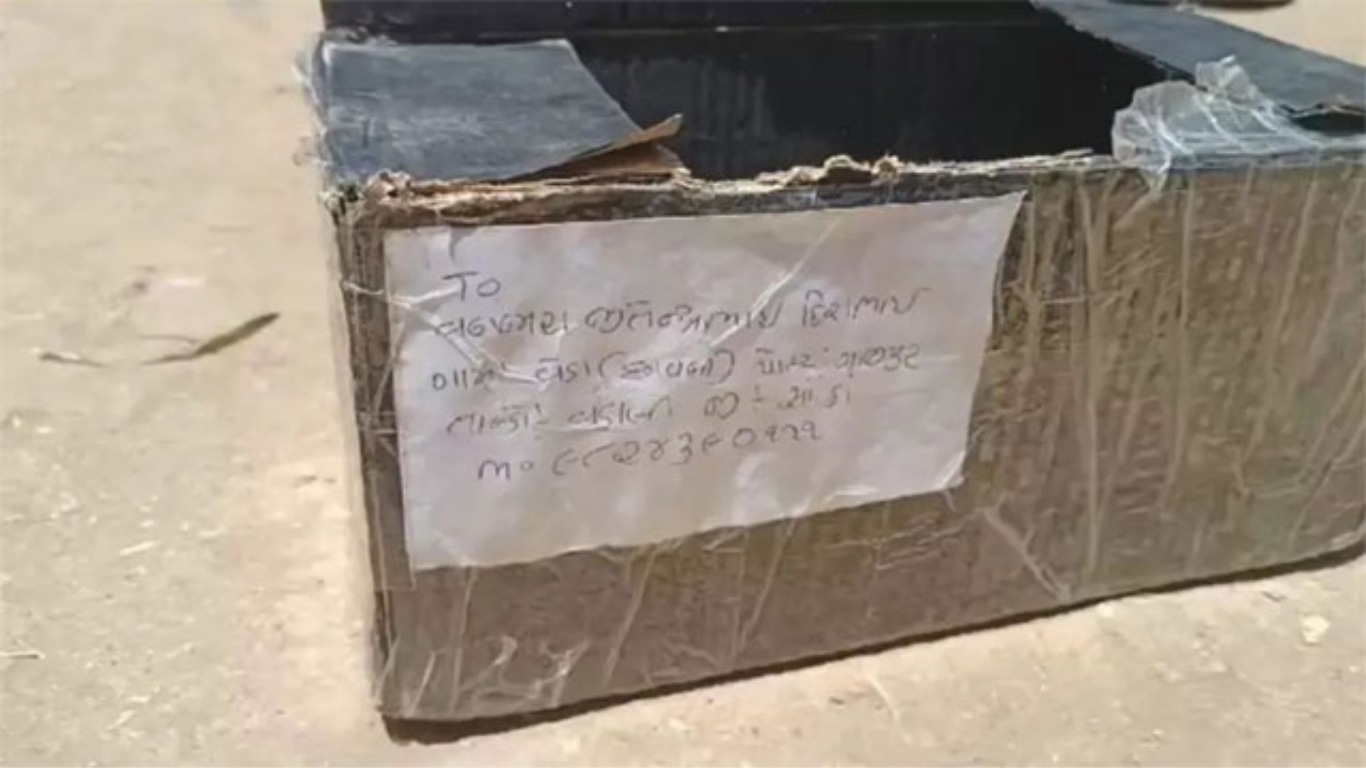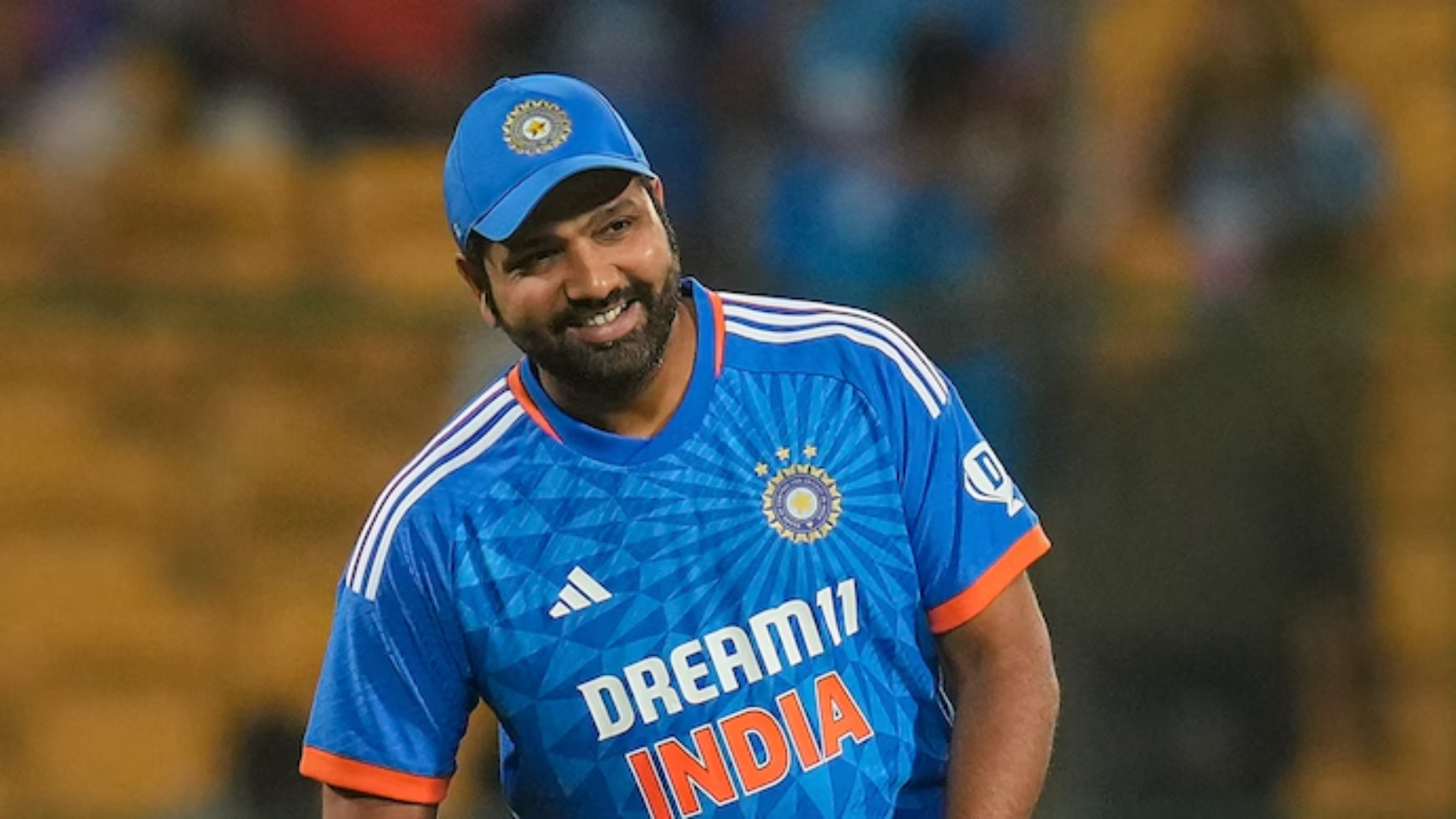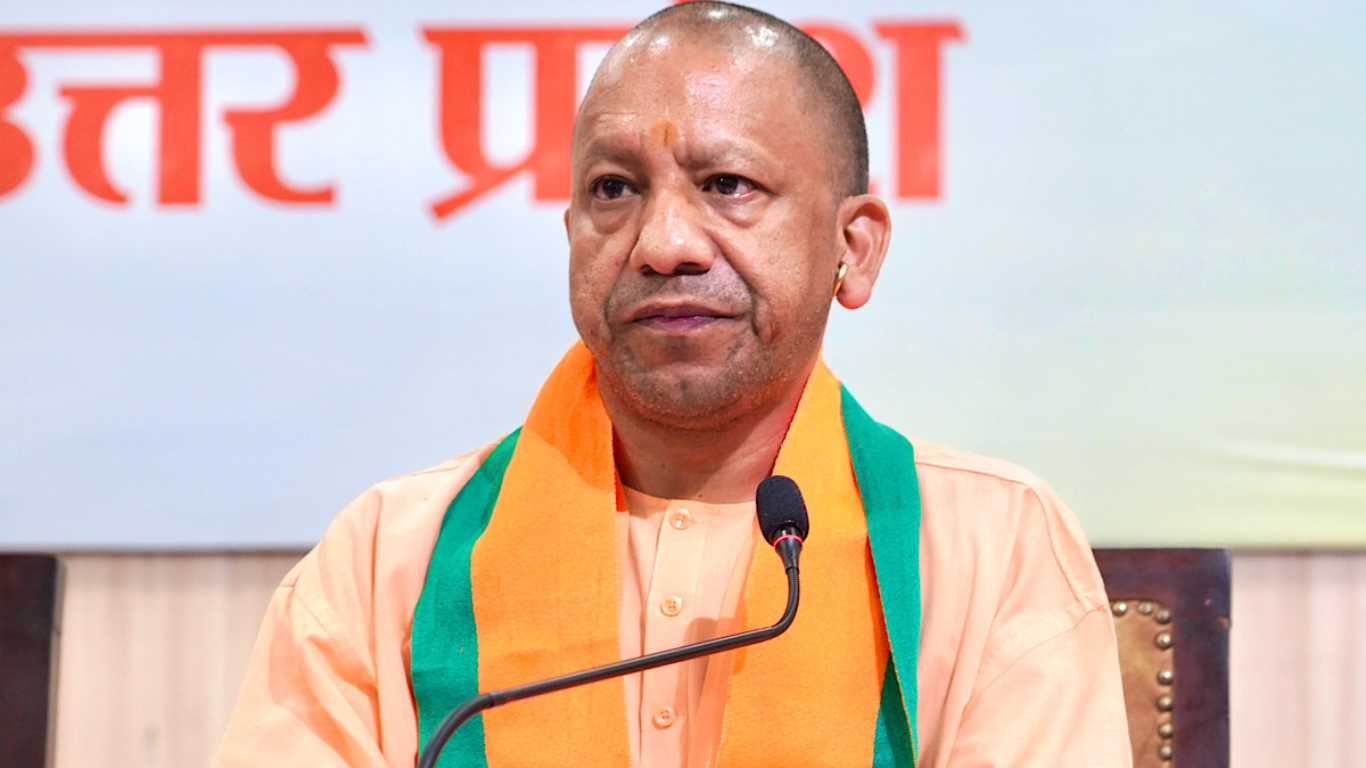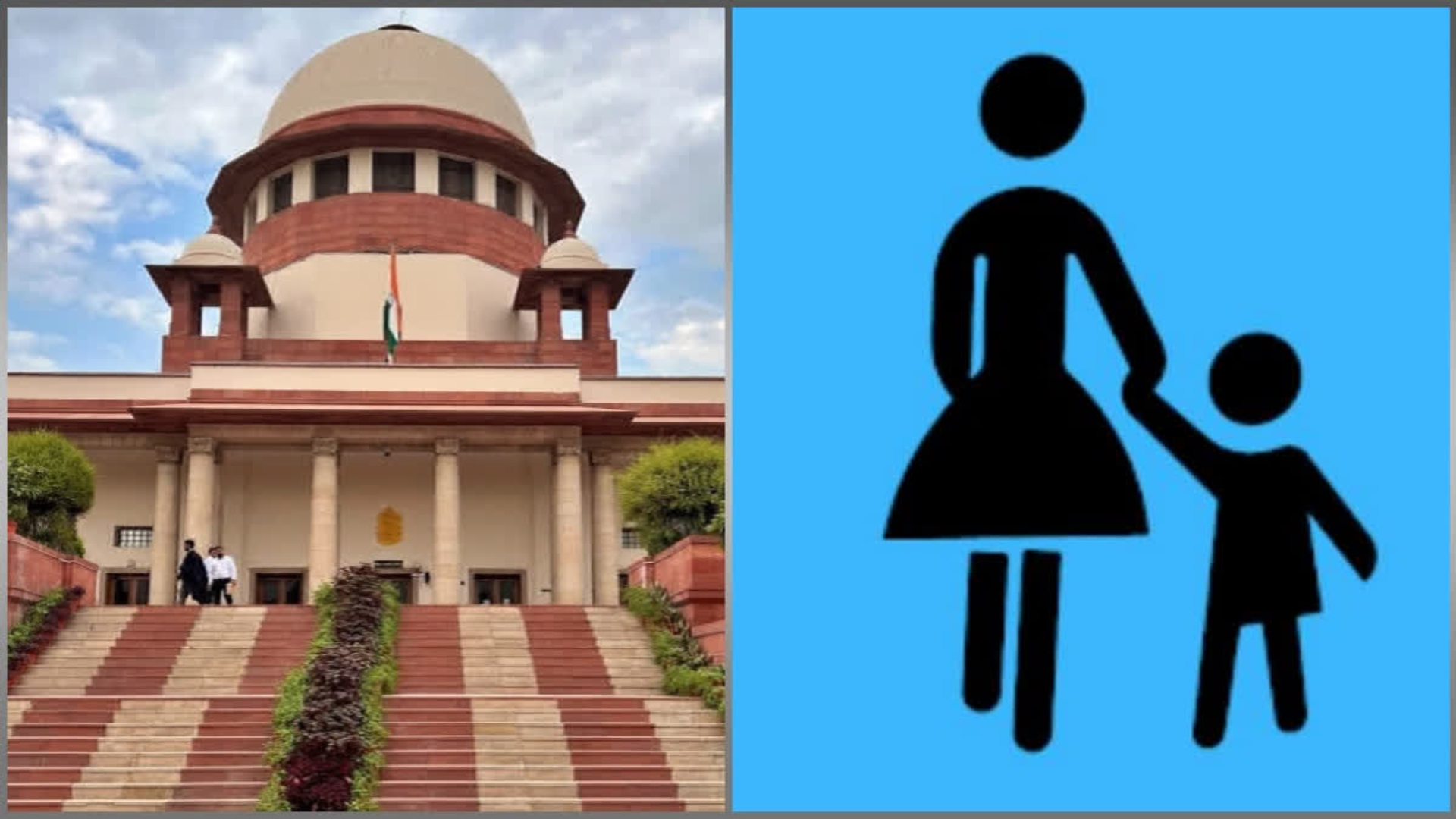
The Supreme Court of India declared that denying child care leave (CCL) to a mother caring for a disabled child would constitute a violation of the State’s constitutional obligation to ensure equal participation of women in the workforce. The judgement was carried out on Monday, Aprill 22.
The bench comprised of Chief Justice D Y Chandrachud and Justice J B Pardiwala. They emphasized the role of child care leave and its importance in enabling women to maintain equal opportunities in employment. They highlighted that the denial of such leaves could force working mothers to abandon their jobs, a situation particularly critical for those caring for children with special needs.
“The child care leave sub-serves an important constitutional objective where women are not denied an equal opportunity in the workforce,” stated the bench during the ruling.
Recognizing the gravity of the issue, the Supreme Court directed the formation of a committee led by the chief secretary of Himachal Pradesh to develop a comprehensive policy on granting child care leaves to working women with disabled children. The decision was prompted by a plea from an assistant professor in the Department of Geography in Himachal Pradesh, whose son has a genetic disorder and has undergone multiple surgeries since birth.
The woman had exhausted her sanctioned leaves for her son’s treatment, and the central civil service rules allowed for child care leaves in such circumstances.
The apex court underscored that women’s participation in the workforce is not merely a privilege but a constitutional imperative, and the State, as a model employer, must prioritize this aspect.
Furthermore, the Supreme Court also directed the state government to revise its existing policy on child care leaves to align it with the Rights of Persons with Disabilities Act, 2016, ensuring that mothers raising children with special needs receive adequate support.
“Areas of State policy must be synchronous with constitutional safeguards. We direct the State of Himachal Pradesh to reconsider child care leave for mothers consistent with the RPWD Act,” emphasized CJI DY Chandrachud.
The court’s ruling is poised to have far-reaching implications, highlighting the importance of policies that uphold the rights of women and children with disabilities. The involvement of the Central government and Additional Solicitor General Aishwarya Bhati signifies a concerted effort to address this critical issue and ensure equitable treatment for working mothers across the country.
Previously, the Supreme Court had issued notices to the state government and the director of higher education in response to the plea, highlighting the ongoing efforts to safeguard the rights and interests of individuals with disabilities in accordance with established legislation.






